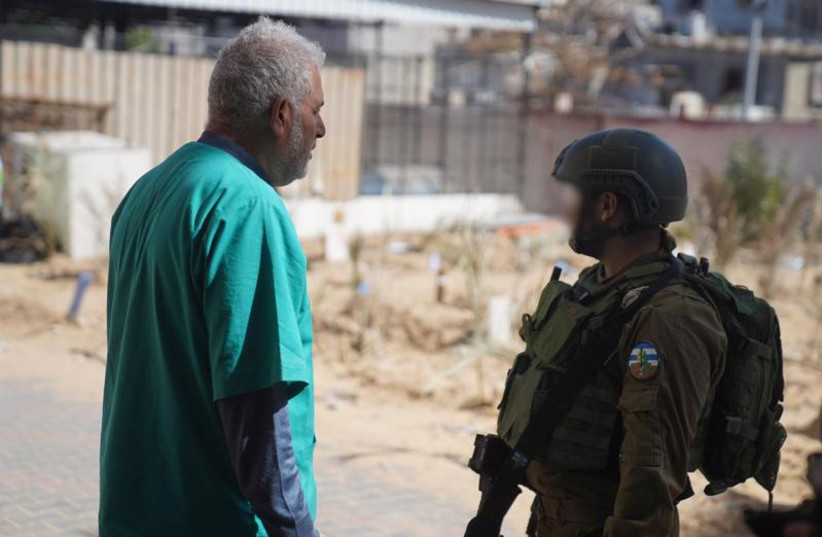Israel’s mental health crisis is not looming; It’s already here – editorial
The Rehabilitation Division of the Defense Ministry is prepared to receive approximately 8,000 security force members who have encountered mental health difficulties in their service by the end of the year, the ministry announced on Wednesday.
This came as the Defense Ministry said in a closed briefing that out of over 7,000 IDF soldiers injured in the current war to date, nearly 30% suffered from emotional harm. Of them, 60% noted that the war had primarily caused them emotional damage.
Indeed, post-traumatic stress disorder (PTSD) is one of the most common mental health issues that crop up as a result of conflicts and wars, such as the one Israel has been battling since October 7.
Rates of PTSD are on the rise
Nova festival survivors spoke at a Knesset debate on Tuesday about the lack of treatment for mental health patients among those who managed to escape the rave alive on October 7 and have been left struggling, scarred beyond compare, ever since.
Notably, the country is promising more than it is capable of providing when it comes to psychological and psychiatric treatment in general, and in particular for those who have been left traumatized by the war.

During the debate, the survivors spoke of their daily struggles following the massacre. One of them, Na’ama Eitan, said, “I would not have been here had I not had my psychologist. I have friends who haven’t left their beds yet and have not received a response [from the state’s mental health services].”
Discussing the sensitive subject of suicide rates among the Nova survivors, the Health Ministry reiterated that it cannot confirm how many survivors have taken their own lives (some estimates are that over 50 have done so thus far). The survivors speaking at the discussion pleaded for support.
A roundtable meeting of several researchers in the healthcare field recently found that, since October 7, professionals in medicine, mental health, education and welfare, as well as first responders and rescue workers, face such difficulties in getting help to those who need it that many of them suffer from fatigue, apathy, burnout, stress, and distress.
In other words, those providing support for trauma patients are, themselves, traumatized.
If that was not enough, last Sunday, the Israel Association for Child Protection (ELI) announced that it has seen an increase of 30% in requests for assistance for physical, sexual, and emotional abuse, including victims of war.
ELI provided therapeutic assistance to 12,090 individuals, including complex trauma relief, to over 2,000 survivors and evacuees in 2023.
A couple of days prior, ERAN, another voluntary aid organization focused on emotional first aid, had received 172,000 calls and online requests for help from people suffering from anxiety, stress, and psychological trauma since October 7.
On October 7 alone, ERAN received over 3,500 calls, with a very high level of distress compared to about 500 calls on a typical day.
As the war progressed, there were increased distress calls from male and female soldiers in regular service and the reserves.
Soldiers experience war-related distress
A Maccabi Healthcare Services survey published at the beginning of the month found that one-third of the war’s evacuees reported a change in their health condition for the worse, and there was a 35% increase in the use of medications to treat depression or anxiety.
Israel was already suffering from a severe lack of access to psychological support before the war. The waiting time, on average, to see a psychologist was two months. The war has only exacerbated the issue and highlighted how desperately this aspect needs change.
As it currently stands, the state cannot support its people emotionally. It is not time for proactive thinking because the mental health crisis in Israel is not looming; it’s here. It is time to rectify what can be fixed before it is too late.
The immediate future of Israel’s citizens – especially the younger generation – depends on the state providing the proper funding for more support and accessibility.
If it does not handle this swiftly, more tragedies may befall our country, and it will be because the government dropped the ball on mental health support.





Comments are closed.